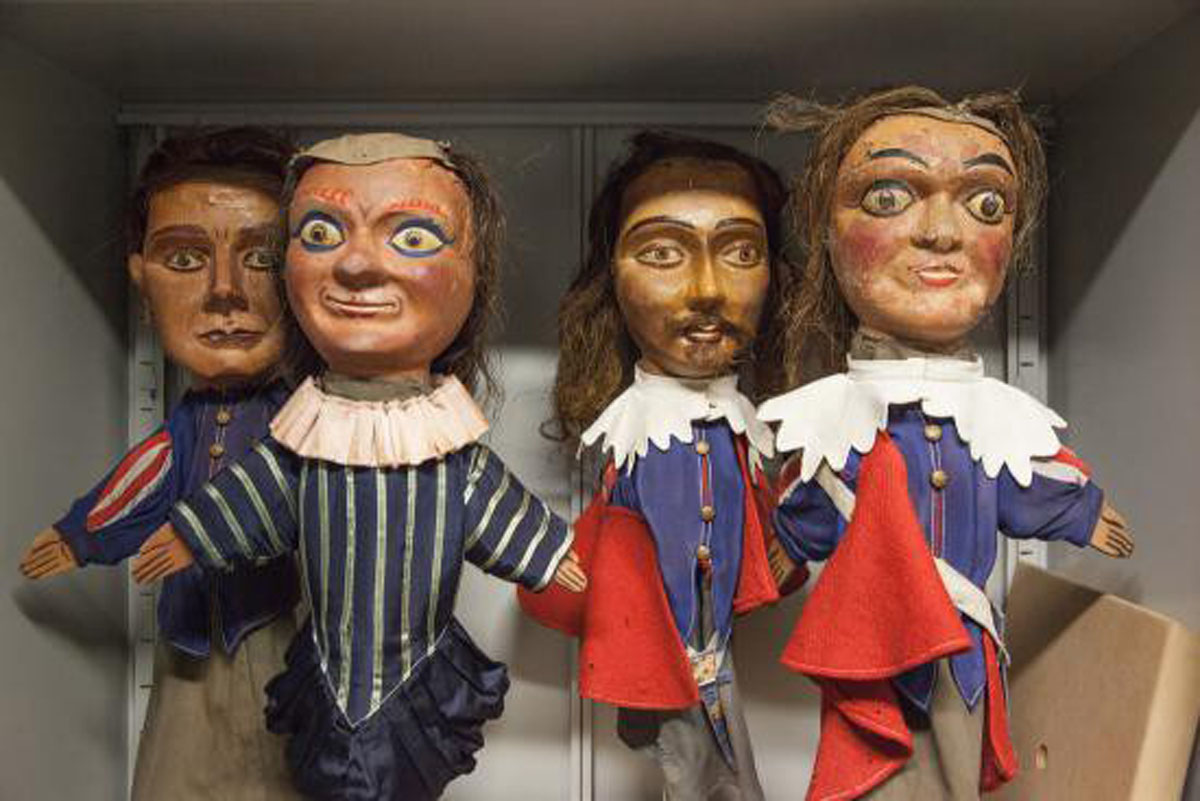Ahlam Shibli: Staring
In association with its pre-launch programming, Remai Modern invited artists to realize original projects exclusively for online viewing. Through these commissions, the museum considered its website as an extension of its physical space and onsite program. Mobile and experimental, this online gallery allowed for direct, personal encounters with art while connecting artists and audiences across the globe.
From 2016-2020, the museum presented projects by: Ryan Gander, Tammi Campbell, Tanya Lukin Linklater, Thomas Hirschhorn, Taysir Batniji, Pedro Barateiro, Kara Uzleman, Rosa Barba, Amanda Beech, Ellen Moffat, Duane Linklater, Lynne Marsh, Raqs Media Collective, Ahlam Shibli, Ann Lislegaard, Anton Vidokly, Dave McKenzie, Laakkuluk Williamson-Bathory and Kelly Nipper.
Nine episodes from al-Khalil/Hebron (Palestine) and Kassel (Germany), 2016-17.
Staring is a suite of pictures that further develops Ahlam Shibli’s Occupation, photographed in al-Khalil/Hebron, and Heimat, photographed in Kassel and its surroundings. In these places, which are informed by very diverse conditions, Shibli had searched for evidence of the notion of home. What she found were manifestations of an evasive place that was imagined and disappropriated, constructed and denied, remembered, sought, rejected, reclaimed. Home appeared inseparable from contestation and ideological, political, and economic violence. Staring is comprised of images that were not included in the aforementioned photo series. Shibli has recombined these images to examine what is similar and what is different in situations apparently so far apart.
The photographs were made in 2016 and 2017, with the support of documenta 14 and the A. M. Qattan Foundation.
Ahlam Shibli (b. 1970, Palestine)
Through a documentary aesthetic, Ahlam Shibli’s photographic work addresses the contradictory implications of the notion of home. It deals with the loss of home and the fight against that loss, but also with restrictions and limitations that the idea of home imposes on individuals and communities subjected to repressive identity politics.
Shibli’s work includes the following series: Ramallah Archive (2014) pointed to ways of reorganizing collective and individual existence that can be encountered in the files and negatives at the Ramallah Municipality Archive and the contemporary city; Death (2011–12) showed the efforts of Palestinian society to preserve the presence of those who lost their lives fighting against the Israeli colonial occupation; the starting point of Trauma (2008–09) was the monuments that commemorate members of the French resistance against the Nazis together with French fighters in the colonial wars against peoples who demanded their own independence; Dom Dziecka. The house starves when you are away (2008) showed how children in Polish orphanages reconfigure their bodies to create particular communities of their own; in Eastern LGBT (2004 and 2006) the bodies of lesbian, gay, bisexual, and transgender people from Oriental societies appear as a contested primary home.
For further information, please visit www.ahlamshibli.com
“
